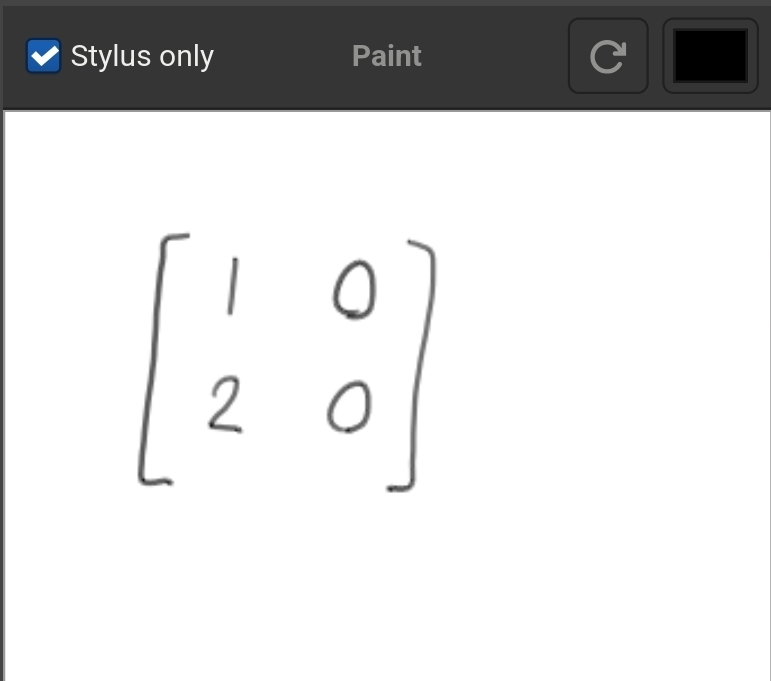This is very exciting. Here is the APK I downloaded. And the associated discussion.

It even already seems to support stylus input which is very exciting seeing as there has been talk of porting RNote to Android.
This is very exciting. Here is the APK I downloaded. And the associated discussion.

It even already seems to support stylus input which is very exciting seeing as there has been talk of porting RNote to Android.
Everything uses energy
Do you have any measurements on power usage? It seems very minor.
Everything computer does use power. The issue is the same very valid criticism of (most) crypto currencies: the design objectives are only to use power. That’s the very definition of “proof of work.” You usually don’t care what the work is, only that it was done. An appropriate metaphor is: for “reasons”, I want to know that you moved a pile of rocks from one place to another, and back again. I have some way of proving this - a video camera watching you, a proof of a factorization that I can easily verify, something - and in return, I give you something: monopoly money, or access to a web site. But moving the rocks is literally just a way I can be certain that you’ve burned a number of calories.
I don’t even care if you go get a
GPUtractor and move the rocks with that. You’ve still burned the calories, by burning oil. The rocks being moved has no value, except that I’ve rewarded you for burning the calories.That’s proof of work. Whether the reward is fake internet points, some invented digital currency, or access to web content, you’re still being rewarded for making your CPU burn calories to calculate a result that has no intrinsic informational value in itself.
The cost is at scale. For a single person, say it’s a fraction of a watt. Negligible. But for scrapers, all of those fractions add up to real electricity bill impacts. However - and this is the crux - it’s always at scale, even without scrapers, because every visitor is contributing to the PoW total, global cost of that one website’s use of this software. The cost isn’t being noticeable by individuals, but it is being incurred; it’s unavoidable, by design.
If there’s no cost in the aggregate of 10,000 individual browsers performing this PoW, then it’s not going to cost scrapers, either. The cost has to be significant enough to deter bots; and if it’s enough to be too expensive for bots, it’s equally significant for the global aggregate; it’s just spread out across a lot of people.
But the electricity is still being used, and heat is still being generated, and it’s yet another straw on the environmental camel’s back.
It’s intentionally wasteful, and a such, it’s a terrible design.
It doesn’t need to be anywhere near as resource intensive as a crypto currency since it isn’t used for security. The goal is not to stop bots altogether. The goal is to slow down the crawlers enough so that the server hosting the service doesn’t get pegged. The bots went from being respectful of server operators to hitting pages millions of times a second. This is made much worse by the fact that git hosting services like Forgejo have many links many of which trigger the server to do computations. The idea behind Arubis is that a user really only has to do the PoW once since they aren’t browsing to millions of pages. On a crawler it will try to do tons of proofs of work which will bog down the crawling rate. PoW also has the advantage of requiring the server to hold minimal state. If you try to enforce a time delay that means that the server has to track all of that.
It is also important to realize that Anubis is a act of desperation. Many projects do not want to implement it but they had no choice since their servers were getting wrecked by bots. The only other option would be Cloudflare which is much worse.
Just know that you are 100% wrong on this. You don’t understand what Anubis is doing, you don’t understand the problem it’s solving, and you need to educate yourself before having strong opinions about things